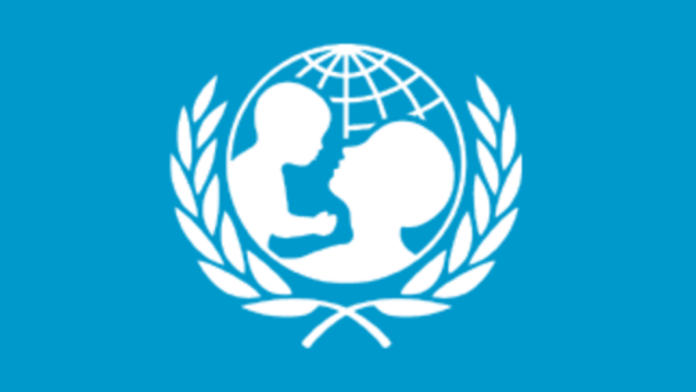The “State of the World’s Children 2024: The Future of Childhood in a Changing World” analyzes how three significant global trends will affect children by 2050 and beyond. These trends, demographic shifts, climate and environmental crises, and technological breakthroughs, provide crucial insights into the challenges and opportunities children may encounter in the future.
“Children are experiencing a myriad of crises, from climate shocks to online dangers, and these are set to intensify in the years to come,” said UNICEF Executive Director Catherine Russell. “The projections in this report demonstrate that the decisions world leaders make today — or fail to make — define the world children will inherit. Creating a better future in 2050 requires more than just imagination, it requires action. Decades of progress, particularly for girls, are under threat.”
The climate crisis is already severe, with 2023 recorded as the hottest year on record. The report forecasts that climate and environmental crises will become even more widespread in the decade from 2050 to 2059. During this period, eight times as many children are projected to be exposed to extreme heatwaves, three times as many to extreme river floods, and nearly twice as many to extreme wildfires compared to the 2000s.
The report stresses that the impact of these climate hazards on children will vary based on factors such as age, health, socioeconomic background, and access to resources. Children with access to climate-resilient housing, cooling infrastructure, health care, education, and clean water are more likely to survive climatic shocks than those without these resources. The report emphasizes the urgent need for targeted environmental measures to safeguard all children and mitigate the risks they face.
The report acknowledges the potential both benefits and risks of emerging technologies like Artificial Intelligence (AI), which are already integrated into apps, toys, virtual assistants, games, and learning software. However, a significant digital divide persists. In 2024, high-income countries saw internet connectivity surpass 95%, while low-income countries lagged behind at nearly 26%.
The report notes that a significant number of young people in low- and middle-income countries struggle to access digital skills. This challenge will affect their ability to effectively and responsibly use digital tools in education and future workplaces. These barriers are often linked to socioeconomic factors, gender, language, and accessibility.






